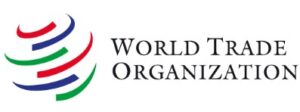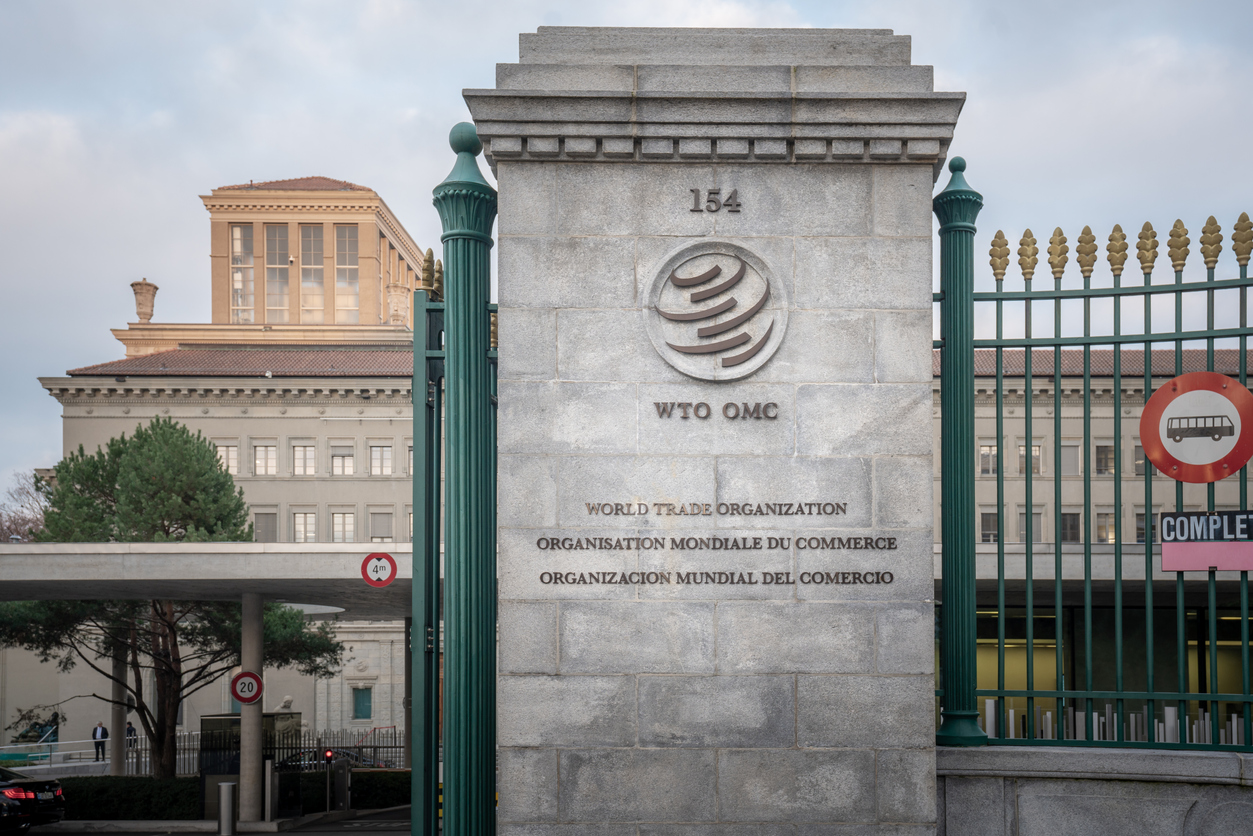A new paper on food security submitted by the United States at the World Trade Organization (WTO) has to date received little attention but it could signify a meaningful shift in dealing with agriculture issues at the WTO. That paper, entitled “The World Trade Organization’s Role in Enhancing Food Security” suggests that facilitating rules- and science-based trade should be the basis for building global food security. The concept sets up a new approach to discussing food security issues that will span multiple areas of jurisdiction. Taking a new approach is critical as the current agenda is driven by countries set on only weakening existing WTO rules, which creates a breeding ground for trade distortions.

Those who support an effective and predictable legal architecture for agricultural trade should want to see a WTO that is able to facilitate trade liberalization. This “reset” of the negotiating agenda starts small – the only next steps identified are additional submissions and discussions – but it will take time and sustained effort to overcome the inertia of the current agenda and reestablish the WTO as a useful negotiating tool.
Core Elements of Food Security
The paper focuses on food security, which is understandable since it is a major agenda item at the WTO. The war in Ukraine has put the issue in the spotlight; meanwhile, India continues to use a façade of food security to insist that WTO rules shouldn’t apply to them. That dynamic creates pressure to do something but action for its own sake can lead to poor outcomes for the trading system, especially if India is able to get the WTO to endorse its vision of food security. Unfortunately, there is no consensus on the time-tested ideas identified by the U.S. paper, namely that trade is critical to these core elements of food security:
- Movement of Food – An open trading system is more resilient because it allows countries to adapt quickly to supply chain shocks. An open system also provides access to a more varied and nutritious diet, which is another important component of food security.
- Innovation – Legal frameworks need to incentivize innovation while recognizing that one-size-fits-all practices are not possible and should not be imposed on trading partners.
- Development – Support for trade facilitative infrastructure coupled with access to markets and innovations can reduce poverty and enhance food security.
- Sustainability – Producers need policies that empower them to transition to more sustainable production practices and adapt to shocks. Well-intentioned but badly structured policies can have negative effects on the environment and trading partners.
Multiple WTO Jurisdictions
Those issues cut across WTO committee jurisdictions, which is why the paper was submitted to seven separate committees, not only the Committee on Agriculture. It also identifies in general terms how the WTO can enhance food security in work under these four categories.
Time will tell if this submission by the United States will be a soon-forgotten document with nice ideas leading nowhere, or if it is the beginning of a thoughtful, creative, and proactive approach to the cross-cutting issues facing agriculture and global food security. Private sector involvement and sustained leadership by like-minded governments will be critical in determining its future.
By Ben Conner, Partner, DTB AgriTrade, LLP


